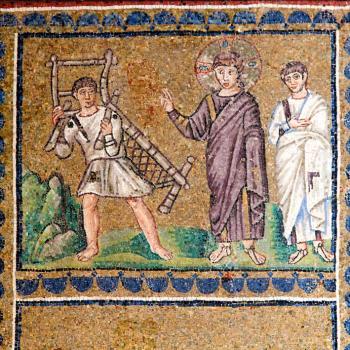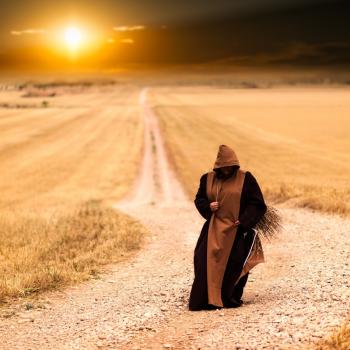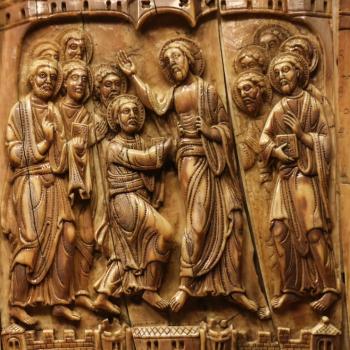Helping people deal with the wounds which makes them suffer, especially the wounds which paralyze them so much that they cannot get on with their lives, is very important. We must care about each other. We must take care of each other. We must do what we can to make sure no one needlessly suffers. Sadly, so many are paralyzed, not from physical wounds, but from social, psychological, and or spiritual wounds. People often find their lives restricted by society,... Read more

















